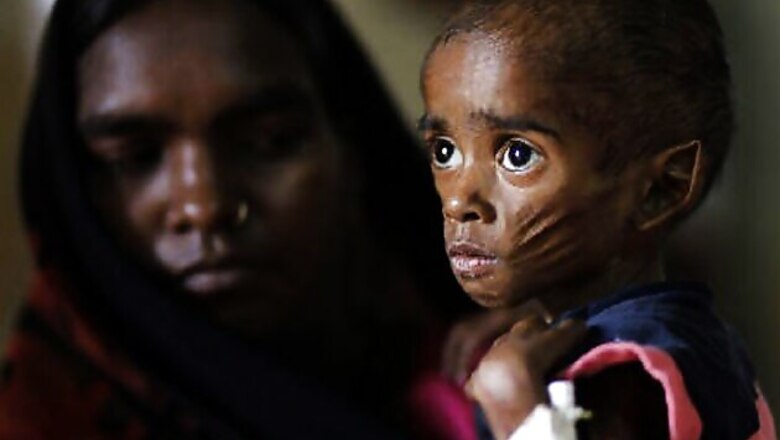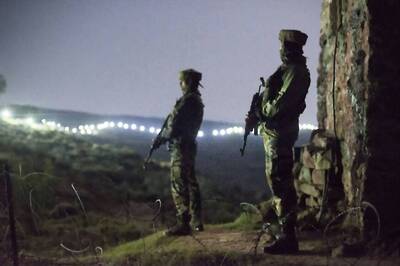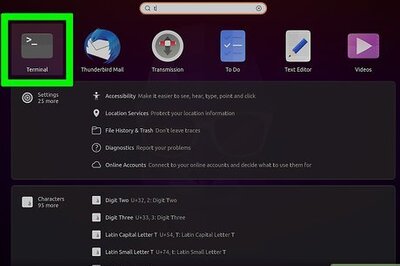
views
Children who are born into poverty have a long and arduous journey ahead of them, laden with struggles and despair. In a world where many believe health to be wealth, not only are they deprived of the financial means to better their lives, but also the physical means to sustain themselves to do so. Almost half of all Indian children are underweight, a deplorable situation that in the words of former prime minister Manmohan Singh, constitutes our "national shame".
In India, malnutrition in children is a serious issue. This is reflected in the National Family Health Survey's (NFHS) third series report, which suggests that 47% of the children in India are underweight and stunted. Malnutrition in children has a life-long impact on their lives, and chains them irrevocably to a destiny of distress. When a society neglects the nutrition and well-being of its own children, it condemns them to a life burdened with the challenge of overcoming the long term consequences associated with a lack of nutrition during their crucial development years.
Malnutrition affects the immune system of children which makes them susceptible to a host of illnesses such as acute respiratory infections, vitamin deficiencies, anemia, pneumonia and diarrhea. In addition, it also hampers the cognitive abilities of children and induces lethargy and weakness, which leads to poor attendance at school and below average academic performance.
The 1st to 7th of September is observed as "National Nutrition Week" every year in India. It is important to use this period as an opportunity to ensure that the issue of malnutrition in India receives the attention it truly deserves, as a rallying cry to the people of our democracy to hold our government accountable for the health of our nation's children - the future of our country.
To address this critical issue, the Government of India has issued various policies which support remedial measures to improve the quality of nutrition in school going children.
The 'National Programme of Nutritional support' or popularly known as the 'mid-day meal scheme' visions to improve the nutrition status of children and thereby increase enrolment, attendance and retention. In addition to this programme, the government recently launched the Weekly Iron and Folic Acid Supplementation Program (WIFS), which seeks to address nutritional anemia by providing iron and folic acid supplementation to school children from 6 - 12 class.
This program has been successful in reaching 16 lakh students in Delhi and 14 lakh students in Rajasthan. The midday meal and WIFS program are an important component of the School Health Programme, which will subsumed under the Rashtriya Bal Swasthya Karyakram (RBSK).
In addition to the interventions aimed at addressing nutrition needs, the School Health Programme annually screens children for health problems and nutritional deficiencies. The Directorate of Health in Delhi has a dedicated department - School Health Scheme which implements the School Health Programme in collaboration with the Education Department.
The School Health Scheme has recently initiated two innovative technological interventions, which include a student health database to track the nutritional status of school children and use of mobile phones to generate awareness about adopting good nutrition practices in the community.
India currently stands at the dawn of a newly elected central government. Prime Minister Narendra Modi's call for 'Swachh Bharat' campaign during his Independence Day speech generated crores of rupees from corporates for toilets across the country. Clearly it demonstrates how the government can galvanize the dormant energy for the betterment of the country.
Today's children represent the future workforce of our country. To condemn them to a life burdened by under-nourishment and starvation condemns us all to the dire consequences of a struggling future generation.




















Comments
0 comment